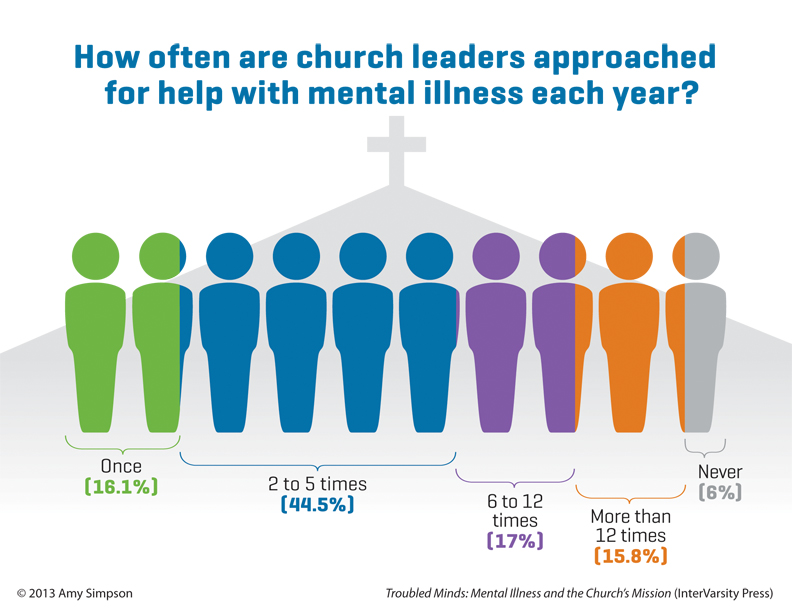Discover The Interesting Development Of Catholic Institutions And Their Extensive Influence On Education-- Could Their Customs Hold The Key To Future Understanding?
Discover The Interesting Development Of Catholic Institutions And Their Extensive Influence On Education-- Could Their Customs Hold The Key To Future Understanding?
Blog Article
Article Created By-copyright Nolan
When you think about the background of education, Catholic institutions attract attention for their ingrained customs and enduring impact. These establishments began as a means to instill confidence and values, yet they've adjusted incredibly over centuries. Today, they play an important duty fit not simply scholastic success yet likewise moral integrity. What's appealing is how they have actually handled to grow amidst transforming social landscapes, raising questions about their future importance and influence.
The Beginnings of Catholic Education: A Historic Point of view
Catholic education and learning traces its roots back over 1,500 years, when very early Christian neighborhoods identified the need for structured learning. You'll discover that these areas aimed to pass on their faith and worths through education and learning.
Monasteries and basilica colleges became facilities of discovering, nurturing both spiritual and intellectual development. As you dig much deeper, you'll see that the educational program usually consisted of approach, theology, and the liberal arts, made to form well-rounded individuals.
Over time, the Church developed more official organizations, making certain that education stayed easily accessible to all. The dedication to mentor moral worths and fostering a feeling of area has actually persisted through the centuries, shaping the academic landscape and influencing plenty of lives worldwide.
This enduring heritage continues to inspire Catholic education today.
The Evolution of Catholic Schools Via Cultural Contexts
As cultures evolved, so did the role of Catholic colleges, adapting to the social contexts in which they existed. In https://zenwriting.net/hye87lashaun/the-influence-of-catholic-education-on-the-growth-of-compassion-and-service , these establishments concentrated mostly on spiritual direction, yet as areas branched out, they began to incorporate neighborhood languages, personalizeds, and educational demands.
You would certainly notice that Catholic institutions typically became centers for social cohesion, cultivating a feeling of belonging among trainees from different histories. In https://www.streakingthelawn.com/2021/7/13/22575314/virginia-baseball-zach-messinger-new-york-yankees-major-league-baseball-draft-13th-round , they addressed societal problems, such as poverty and discrimination, by providing accessible education and learning for all.
As you explore different cultures, you'll see how Catholic colleges have actually shifted their educational program and training methods, mirroring the values and challenges of their settings while remaining true to their fundamental objective of belief and academic excellence.
The Modern Duty and Impact of Catholic Schools in Culture
In today's globe, Catholic schools play a crucial role fit not simply the instructional landscape, however likewise the wider neighborhood.
You'll find that these institutions stress values like regard, empathy, and social justice, cultivating all-round people who contribute positively to culture. By concentrating on scholastic excellence and ethical advancement, Catholic institutions prepare trainees for future obstacles, supporting important thinking and management skills.
They frequently serve diverse populations, linking gaps in access to high quality education and learning. In addition, you might observe their dedication to solution, urging students to take part in area outreach and volunteer job.
This mix of education and ethical support makes Catholic colleges a significant force, cultivating liable people who can affect their areas right.
Verdict
Finally, Catholic schools have a rich background that's shaped their long-lasting influence on society. You've seen how they've adapted to different social contexts while maintaining a dedication to confidence, worths, and scholastic quality. Today, they remain to play an essential duty in cultivating community, advertising social justice, and nurturing liable citizens. As you review their heritage, it's clear that Catholic institutions stay an effective pressure for favorable adjustment in the world.
